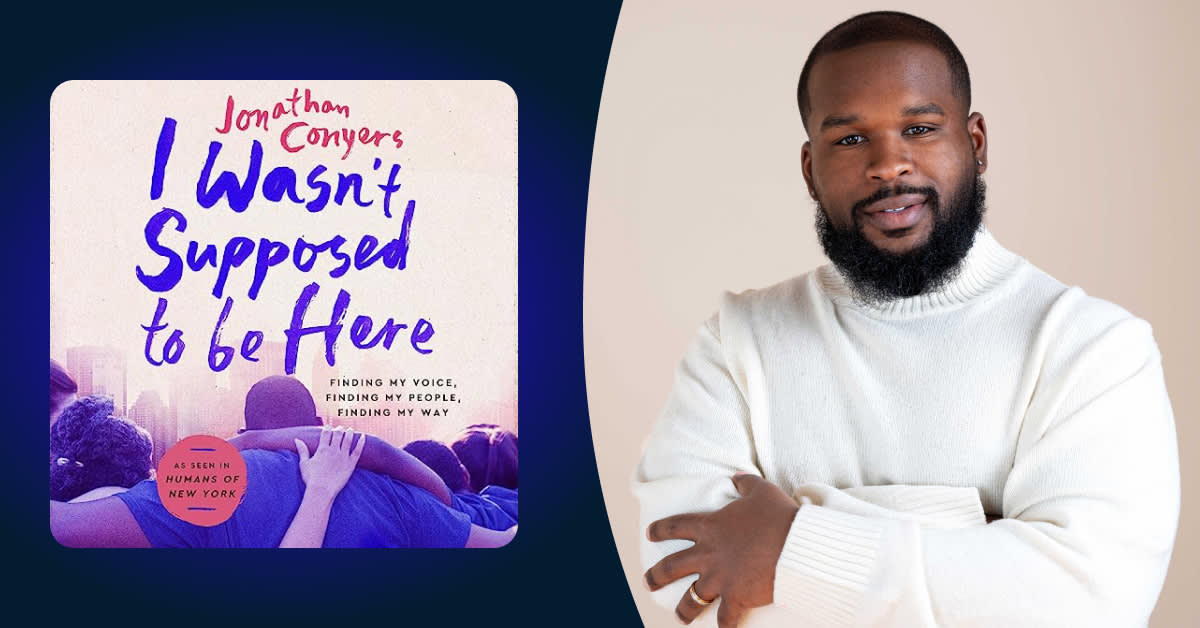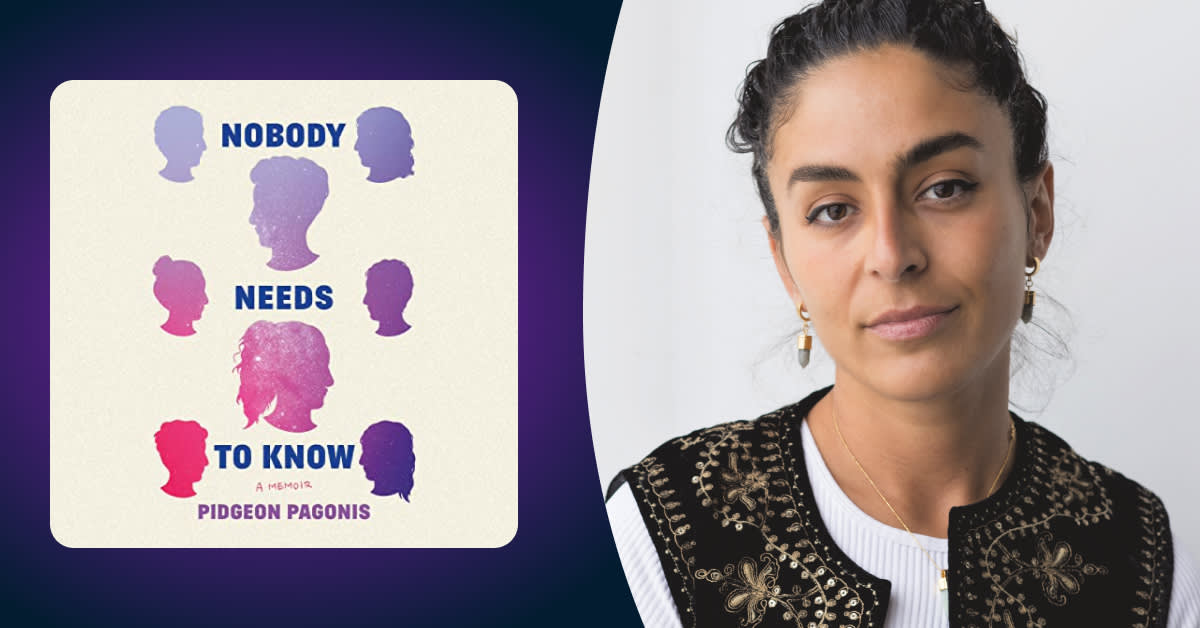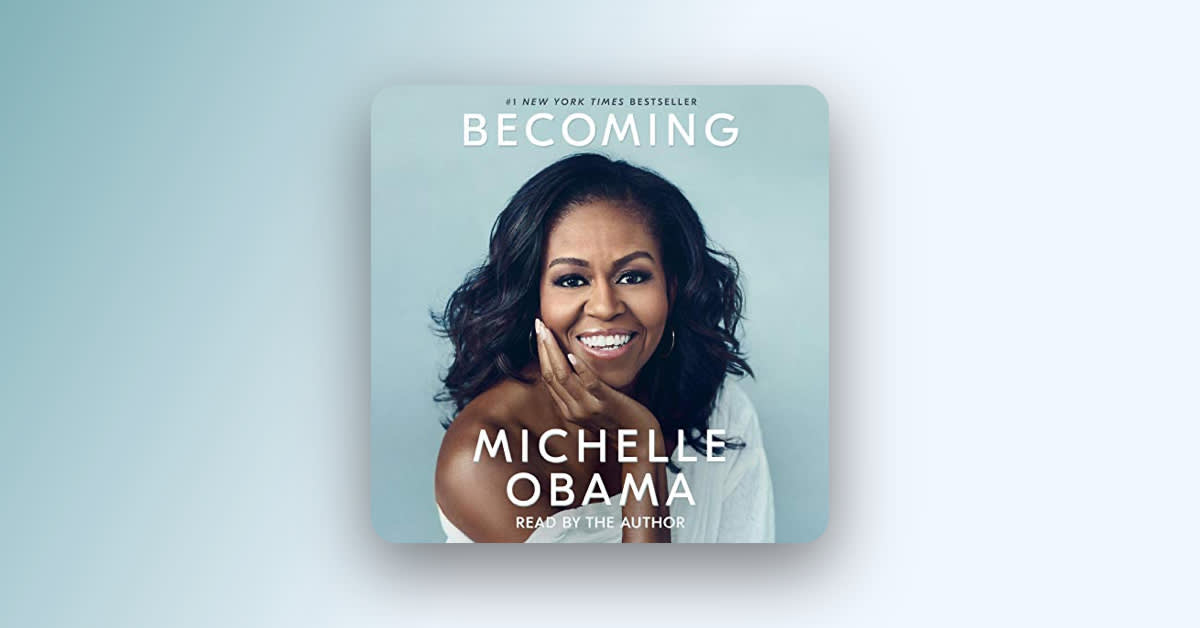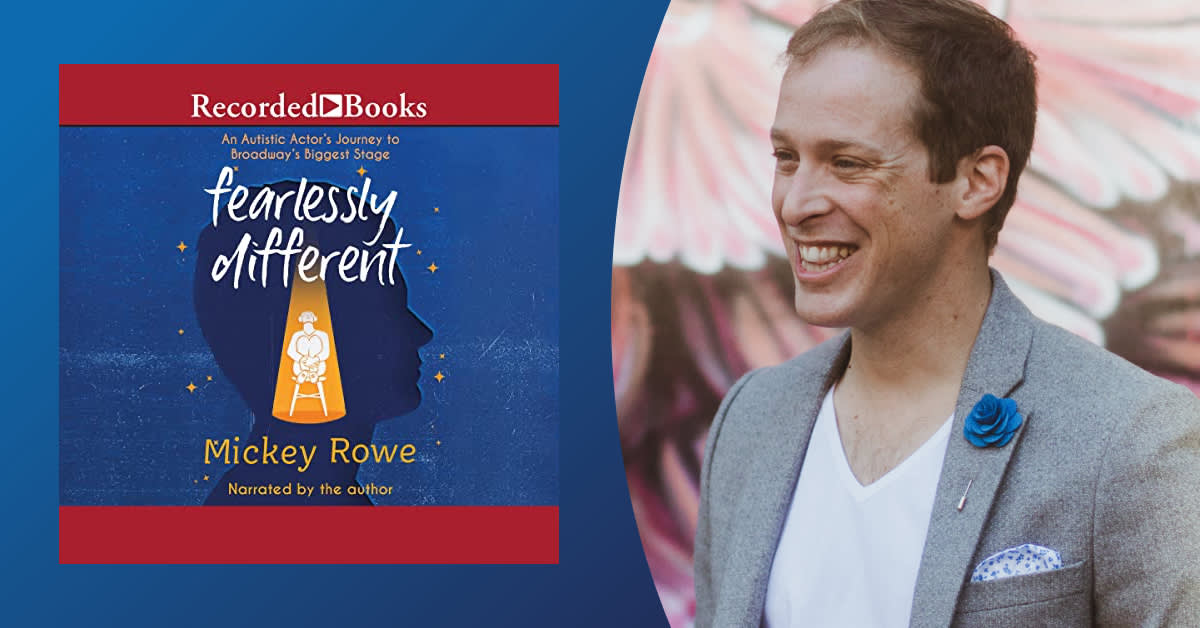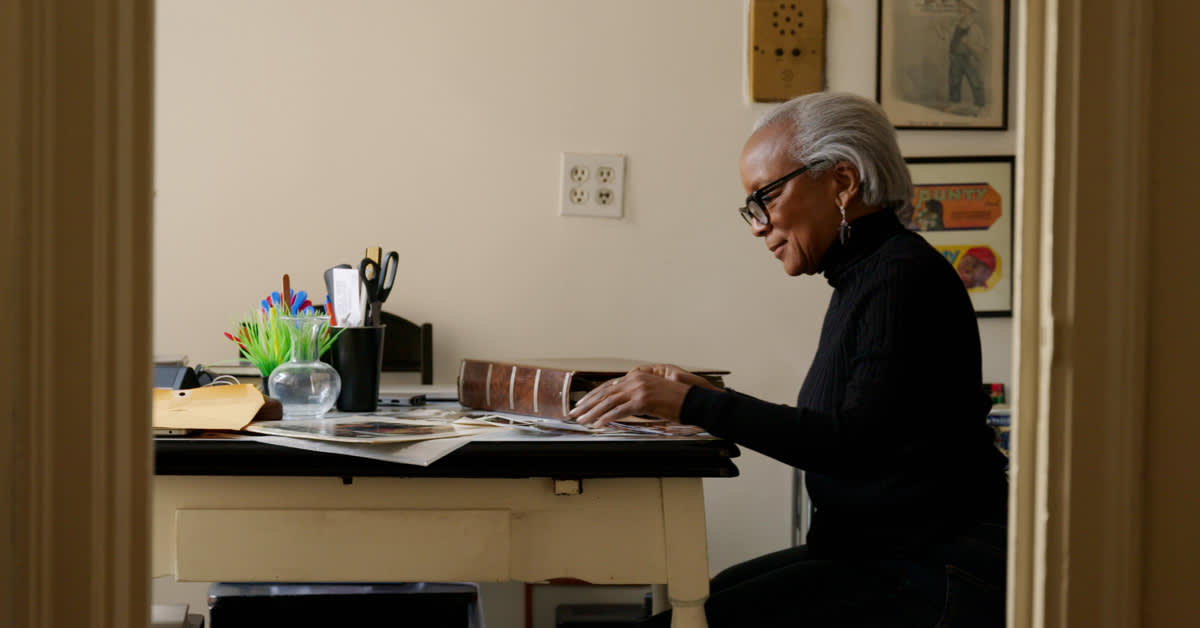Scrolling idly through social media in May 2022, a thread of posts that had already garnered tens of thousands of likes caught my eye. Posted by Brandon Stanton’s popular street interview photoblog Humans of New York, the story featured a man named Jonathan Conyers, who spoke to an oft-difficult upbringing and the luminous influence of his high school debate coach, K.M. “DiCo” DiColandrea. It resonated with me on multiple levels: firstly because I’d been a fervent participant in my high school's forensics community, attending weekly tournaments across New York and beyond with our speech and debate team, and remaining involved in the circuit for years after I graduated as a mentor and volunteer. I’d experienced firsthand the deeply powerful process of discovering and honing my own voice.
But more importantly, what struck me foremost was Conyer’s skill for storytelling—vulnerable and open-hearted, with an emphasis on building spaces of belonging, his recollections stuck with me long after I’d read and shared each installment of the thread. Thankfully, he isn’t done sharing his story: His debut memoir, I Wasn’t Supposed to Be Here, just arrived on September 5th. We spoke with Conyers about his audiobook, as well as empathy, luck, trauma, and his own most anticipated listen of the year.
Alanna McAuliffe: In I Wasn’t Supposed to Be Here, you detail how community wasn’t just vital to your success, but to your survival. What advice would you give to listeners who may be similarly struggling or searching for their own village, a place where they feel supported, challenged, and encouraged?
Jonathan Conyers: I always emphasize that wisdom can originate from a multitude of individuals through diverse avenues. Embracing various perspectives, life experiences, and mindsets is pivotal in fostering a robust community. It's equally important, when forming your own village, to acknowledge the significance of representation. No guilt should accompany the desire to connect with those who share similar backgrounds.
Lastly, remember that receptiveness to others and reciprocal support are vital. Often, people fear burdening others or believe they must give all their time to be part of a village. Small acts of kindness and being present during tough times can be transformative. Many individuals aspire to make a positive impact and extend a helping hand, and once you open up, these connections will naturally unfold.
Listeners may recognize you from a viral Humans of New York feature in which you recounted the lasting influence of your high school debate coach, DiCo. In your memoir, you expand further on this and other relationships that left a lasting impact. Drawing on your own experiences as both a mentor and a mentee, what are some qualities and behaviors we can all embrace to better uplift one another?
In my view, the paramount attributes for mutual upliftment are love and perspective. Often, we impose our beliefs and societal standards onto people and circumstances, obscuring our perception and preventing us from appreciating the inherent beauty within individuals. We miss the opportunity to perceive people authentically and to broaden our horizons by gaining fresh viewpoints into different lives. By prioritizing love and empathy, one can foster enduring connections and serve as a beacon in the lives of others.
As a memoirist, motivational speaker, and board member of the Brooklyn Debate League, so much of your work centers on vulnerability and storytelling. What is the importance of sharing our lived experiences, even if they’re painful to recount? And what do you hope those who hear yours will ultimately take away?
Storytelling stands as a pivotal force that enables us to comprehend both others and ourselves. It holds significance due to its ability to convey information, emotions, and experiences in an engaging and relatable manner. By captivating the audience, it simplifies the understanding and retention of complex concepts. Stories forge connections, arouse empathy, and ignite action, rendering them a potent tool for communication and shaping perspectives.
When woven with unvarnished truth and vulnerability, storytelling establishes a haven for readers and listeners to embark on their personal healing journeys, compelling them to scrutinize their truths and lived encounters. Sharing our diverse experiences, regardless of nature, furnishes viewers with the opportunity for introspection, encouraging contemplation of their own lived realities. By confronting challenges while recognizing that we aren't alone in our struggles, we can seek solace in the experiences of others and foster constructive dialogues along our paths.
To that end, in your memoir, you dig into some difficult experiences, including a childhood deeply marked by trauma. Did you learn anything about yourself or glean any new perspective from writing and giving voice to your past?
I've come to the realization that my healing journey is far from complete. To truly restore myself, I must confront my inner self and take essential strides forward. Amidst the agony and trauma, there's a tendency to normalize the pain as a survival mechanism. The most harrowing experiences get buried deep within, and each day becomes a struggle to suppress their memories. Delving back into these moments was both arduous and essential.
The prevailing theme of my memoir, encapsulated in its chapters and title, revolves around the idea that I wasn't supposed to be here, and that the blessings gracing my life currently stem from sheer luck. Yet, as the book concludes, I've come to understand that my identity isn't defined by what I've endured. In reality, surviving those trials is the very reason for my existence. It is the reason I was supposed to be here. I aspire that this newfound profound perspective can be shared, guiding others in their own journeys and helping them discover their path.
Do you have a favorite listen of 2023 to recommend?
I'm incredibly eager to dive into Eddie Ndopu's audiobook, Sipping Dom Pérignon Through a Straw. Eddie stands as an extraordinary individual, consistently defying odds and illustrating time and again that his disability does not define him. He underscores the importance of not underestimating people with disabilities.
